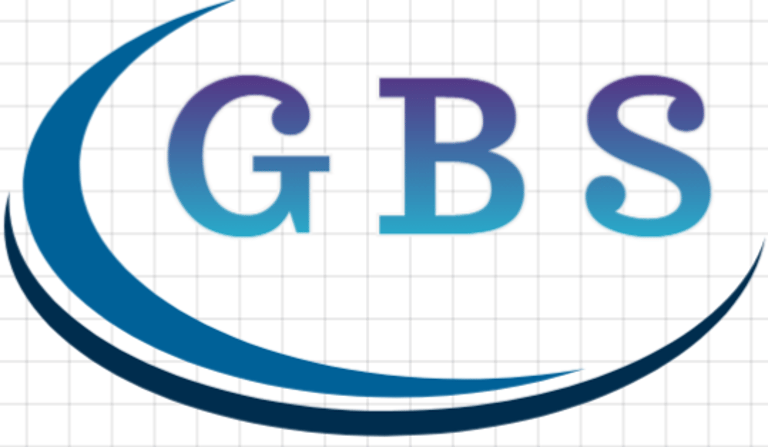AI Predictive Analytics
Can AI Calculate a Disruption of Invention and Innovation?
DISRUPTOR'S DISRUPTOR
Kathleen Gorka
9/14/20243 min read


My post content
So AI has Predictive Analytics – But Can AI Calculate a Disruption of Invention and Innovation?
Steve Jobs stated, “Innovation distinguishes between a leader and a follower”[i]. Still true. Undeniably, these are pioneering times! Market disruptions are now the standard trend. (So cliché, can we even call them disruptions anymore?) Expansions in e-commerce impact industries across continents and demand, loudly, towards a proactive approach to adaptation and innovation. Interestingly, the next wave of innovations may not be just in the markets themselves, but in new AI programs that predict the market trends and provide guidance on investment opportunities. Agreed – using analysis to determine which innovations are worthwhile investments would be advantageous.
However, as AI increasingly integrates into business programs to assist in functions, like financial forecasting and cash flow projections, there are growing concerns about accuracy, effectiveness, and efficacy. Arguably. The contention is that AI may not be able to accurately predict the next disruption, or fully replace human creativity, invention, and strategic planning.
Let me offer some compelling reasons. The history pages are replete with ground-breaking inventions and innovations of forward-thinking entrepreneurs. These ideas could not have been predicted, invented, or even imagined by code algorithms. “Just as a single sick person can start an epidemic of the flu, so too can a precisely targeted push cause a fashion trend, the popularity of a new product.”[ii] The annals of disruptors are lined with calculated, conservative companies that failed with them. Though brilliant, the established competitors could not think creatively – and relied on their data, historical evaluations, and complacency. Often, executives and entrepreneurs resist change and are unwilling to let go of their original ideas and companies, even when it would be beneficial to focus on better, redesigned, or entirely new directions of innovation. For sure, the executive’s stance can be justified. They constantly struggle to maintain “smooth” steady profits without surprises and keep dividends and EPS constant and predictable. However, simply looking to justify capital expenditures, resisting impending, massive capital, or inventory write-offs, or worse, sales losses, has costs of its own.
Markets are comprised of what the consumer values. However, true disruption is achieved by a visionary adventurer. A prime example is the innovation by Nucor in the steel industry. In 1968, Nucor adopted innovative technology with an electric arc furnace (EAF) disrupting the century-old steel production magnates’ bottom line[iii]. Instead of investing in their future by entering the battle with counter strategies of innovation, the barons bunkered down sticking to their traditional methods at the shore waiting for the attack. Innovation called for them to “break the ties, burn the ships, and do not look back… for the battle is ahead!” Unfortunately, they could not hear it, and Nucor slowly took over their land and market share.
You see where this is going. All the data, analysis, and advice pointed toward staying with traditional processes and brand security playing it safe and wading through the storm in the shallows. Unfortunately, a failure to honestly observe and anticipate potential threats left the established companies only to eventually drown in the wake of Nucor’s disruption. The adage is that the “people fail without vision[iv].”
I wonder, would the AI algorithms have predicted and suggested a more aggressive strategy in this situation, or even recommended exiting while still viable?
_______________________________________________________________________________________________________________
[i] Steve Jobs Quotes. (n.d.). BrainyQuote.com. Retrieved November 3, 2021, from
BrainyQuote.com Web site: https://www.brainyquote.com/quotes/steve_jobs_173474.
[ii] Gladwell, Malcolm. “The Tipping Point”. Back Bay Books, New York, N.Y.. 2013.
[iii] Christensen, Blayton M., Kaufman, Stephen P., Shih, Willy C., (2008, January). “How FinancialTools Destroy Your Capacity to Do New things”, Harvard Business Review Paperback Series. Harvard Business School Publishing Corp. 2007.
[iv] Proverbs 29:18-19. The Holy Bible: New King James Version (NKJV). 1982. Nashville,: Thomas Nelson.


